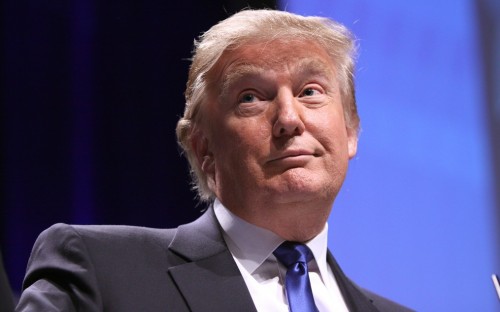He secured key swing states – Florida, Ohio and Pennsylvania – as disaffected American voters turned their backs on the Washington political elite.
Financial markets plummeted after the news broke, but have since recovered. Whether Donald is good or bad for business in the US remains to be seen. Already, business school experts have questioned his qualities as a leader.
In 1968, Donald graduated with a BS in Economics from Wharton. But no one remembers him at the school. And in July this year, over 2,000 Wharton students and alumni composed an open letter condemning what they described as the Trump campaign’s “xenophobia, sexism, racism, and […] bigotry.”
The world’s academic community has been quick to react to the news. Charlie Lees, a professor at the University of Bath in the UK, says the election result means the end of the world as we know it:
“America has turned its back on the world and we will all be poorer for it,” he says. “Our assumptions about the benefits of free trade, the resilience of the Western alliance, and the future of NATO, have been shattered.”
HEC Paris professor, Jeremy Ghez, is more philosophical. “We celebrate disruption in technology and business,” he says. “Why should we be surprised with disruption in politics?”
While LSE professor Nicola Lacey bemoaned how Donald Trump’s campaign managed to successfully exploit the fears and insecurities of US voters.
Many have taken to Twitter to voice their views. London Business School professor Ioannis Ioannou was particularly expressive:
Chicago Booth's professor of behavioral science and economics was clear on his views.
The majority of business school professors - at INSEAD, IE Business School, Rotman in Canada and Temple University's Fox School of Business - were less than impressed with the election outcome:
And while the majority of Wharton professors remained silent, some hoped for the best...
Student Reviews
University of Bath School of Management (MBA)
RECAPTHA :
f7
57
e9
a2
















